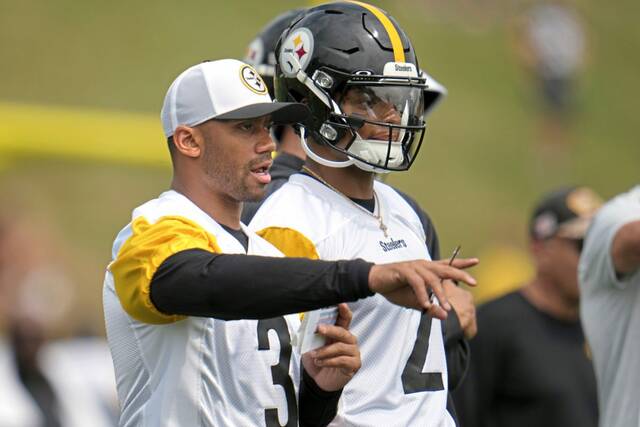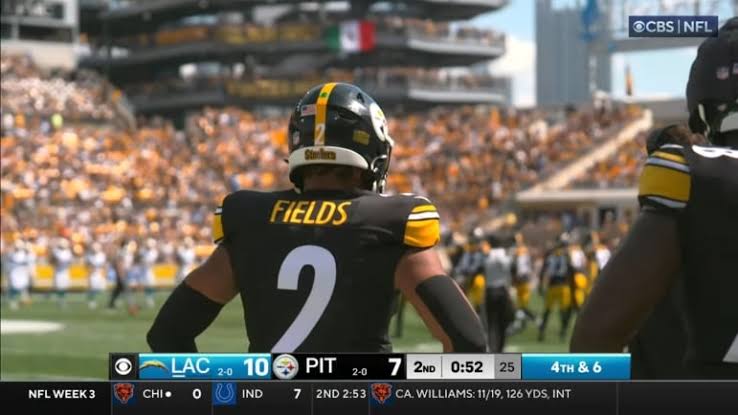In a surprising turn of events, Texas Longhorns quarterback Quinn Ewers has reportedly declined a substantial $140 million deal with Pittsburgh Steelers against the 2025 NFL Draft.
Ewers, who began his collegiate career at Ohio State before transferring to Texas, has been a pivotal figure for the Longhorns over the past two seasons. His decision to forgo a lucrative NIL deal underscores his commitment to his legacy at Texas and his aspirations at the professional level.
According to reports, the $140 million offer was extended by an undisclosed program seeking to secure Ewers’ talents for his final year of eligibility. Accepting such an offer would have made Ewers one of the highest-paid athletes in college football through NIL agreements. However, sources close to Ewers indicate that his dedication to the Longhorns and his desire to advance to the NFL were decisive factors in his choice.
Ewers’ high school coach, Riley Dodge, emphasized this sentiment, stating, “Texas was the only place he wanted to play college football. He wanted to leave Texas in good standing.”
Financially, the decision presents an interesting scenario. By entering the NFL Draft, Ewers faces a range of potential outcomes. NFL scouts project him to be selected anywhere from late in the first round to early in the third round. For context, a late first-round pick in the 2025 NFL Draft is projected to sign a four-year contract worth approximately $13.2 million, while a third-round selection would secure around $6.4 million over four years. In contrast, the declined $140 million NIL offer would have been earned over a single year, highlighting the significant financial consideration involved.
Ewers’ tenure at Texas has been marked by notable achievements. In two seasons, he amassed over 6,000 passing yards and accounted for 55 touchdowns, leading the Longhorns to consecutive College Football Playoff appearances. His leadership and on-field performance have left an indelible mark on the program, and his departure signifies the end of a significant chapter in Texas football history.
The broader implications of Ewers’ decision extend beyond personal legacy and immediate financial gain. His choice reflects a growing trend among collegiate athletes who weigh the benefits of lucrative NIL deals against long-term professional aspirations. As NIL agreements become increasingly prominent in college athletics, athletes are faced with complex decisions that balance immediate financial rewards with career development and personal goals.
For the Texas Longhorns, Ewers’ departure opens a new chapter. The program will look to its depth chart and incoming recruits to fill the void left by Ewers. Notably, freshman quarterback Arch Manning is anticipated to step into the starting role, bringing with him a storied family legacy and high expectations. The transition will be closely watched by fans and analysts alike as the Longhorns aim to maintain their competitive edge in the upcoming season.
As Ewers prepares for the NFL Draft, his decision to prioritize professional advancement and personal legacy over immediate financial incentives serves as a testament to his character and commitment to the sport. His journey from a top high school recruit to a leading collegiate quarterback, and now a prospective NFL player, will continue to inspire and influence discussions surrounding athlete compensation, career choices, and the evolving landscape of college athletics.













